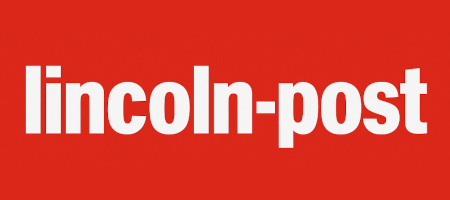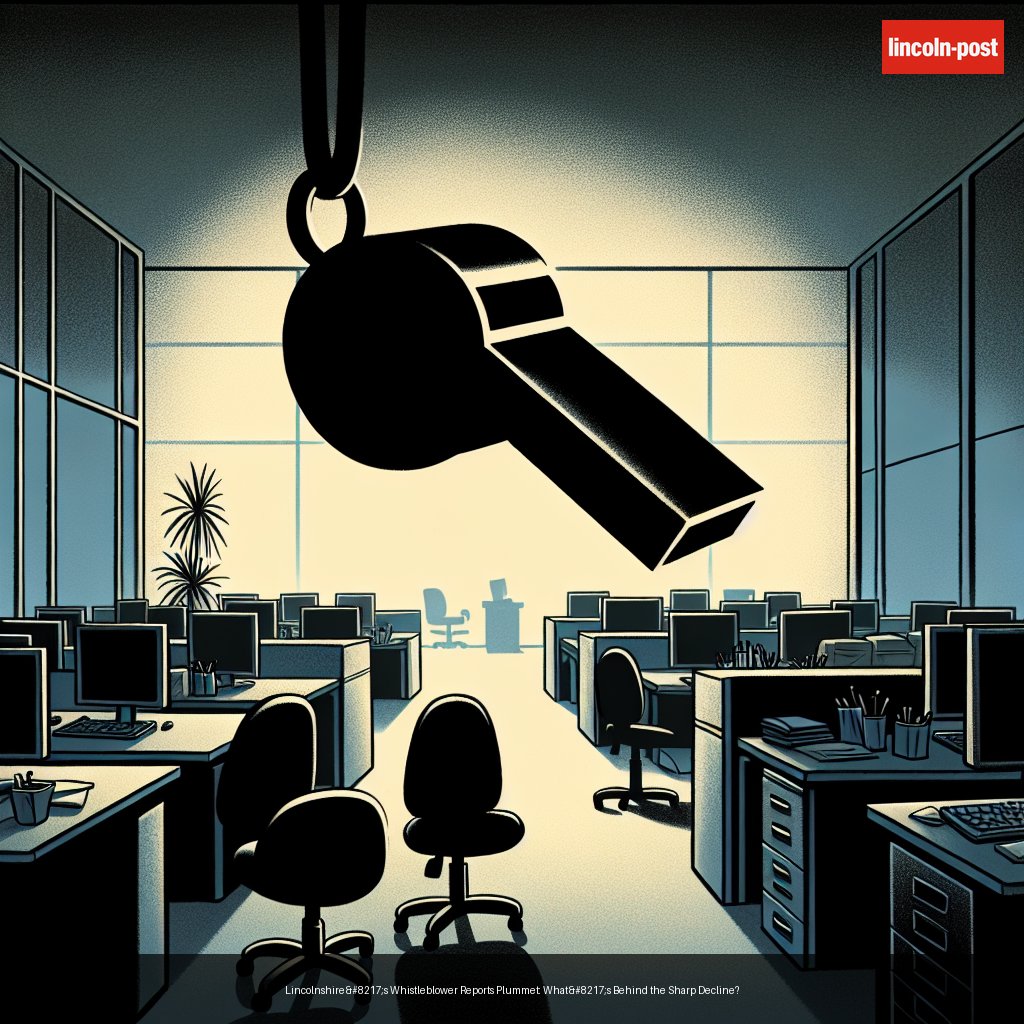Over the last year, the frequency of whistleblowing in Lincolnshire has taken a mysterious turn. Recently released data from the Whistleblower Report on 6th June 2025 disclose a severe decrease in reports, dropping from 54 in the financial year 2023-2024 to a mere 21 for 2024-2025. The reasons behind this abrupt decline, and the implications for the local community, are uncertain.
Traditionally, Lincolnshire has kept a relatively consistent rate of whistleblower reports, with the numbers varying over the past five years. Yet, the newly released statistics indicate the lowest recorded figure, and interestingly, the number of ensuing investigations triggered by these revelations has risen from one to two compared to the prior year.
This change provokes questions about the whistleblowing state within the county. Has there genuinely been a decrease in the issues worthy of reporting, or are potential whistleblowers unwilling to voice their concerns? Further, with fewer reports resulting in more investigations, is the county council becoming more proactive, or is there a strategically selective process in place?
For Lincolnshire’s inhabitants, these statistics might suggest a progressive shift towards transparency and accountability. Yet concurrently, they also incite questions about the underlying factors influencing the readiness or potential of individuals to step forward.
As the debate proceeds, local residents may question whether this decrease reflects a positive progression towards a more compliant and ethical governance environment, or whether it indicates a need to further motivate and safeguard potential whistleblowers.
One certainty is evident: the people of Lincolnshire will be monitoring the council’s reaction to these findings intently, ensuring that expressions of concern are not only acknowledged, but also translate into tangible action.
All data was sourced from Lincolnshire County Council’s open datasets, which are publicly accessible.









